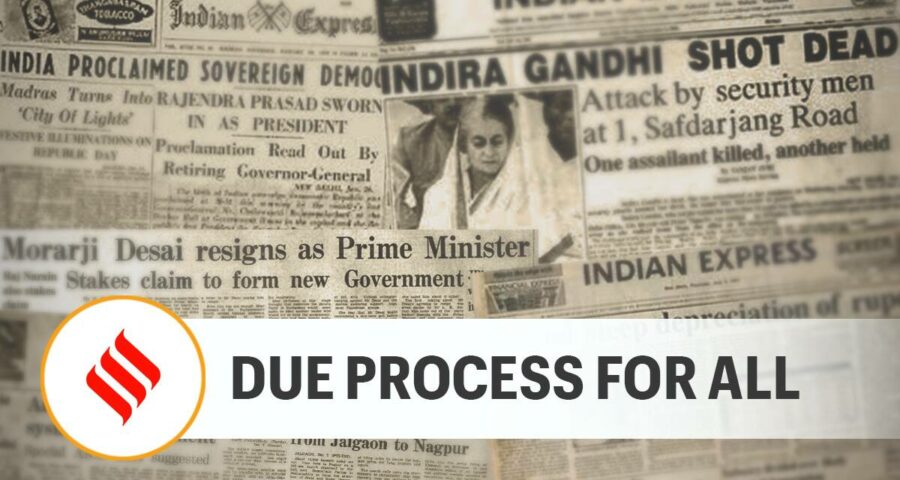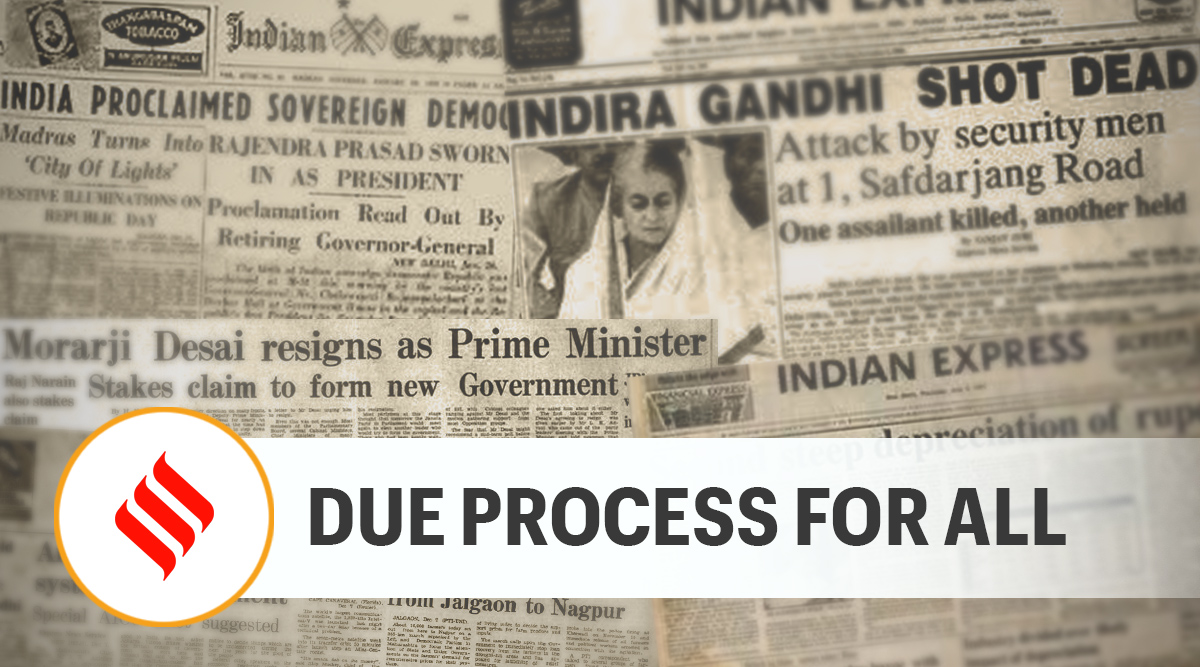The apex court has reaffirmed the public servant’s autonomy and asserted that power to withdraw cases cannot be “used for political purposes”.
In August last year, the Karnataka government decided to drop charges in 61 criminal cases, several of which involved elected representatives and ministers, including the state’s law minister. Four months later, the state high court restrained the state government from acting on that order. “Courts are duty bound to assess whether prima facie a case is made or not,” it observed. The HC’s insistence on due process being followed in criminal cases involving members of the political class was salutary. It now has the Supreme Court’s imprimatur. “No prosecution against a sitting or former MP/MLA shall be withdrawn without the leave of the high court,” a three-judge bench headed by CJI N V Ramana ruled on Tuesday. “While determining whether the withdrawal of the prosecution subserves the administration of justice, the court would be justified in scrutinising the nature and gravity of the offence”, it said. This assertion of the primacy of public interest, often jettisoned by governments to favour members of ruling parties or alliances, is very welcome.
Links between money and muscle power with politics continue to bedevil democracy, despite numerous interventions by the country’s highest court. On Tuesday, while their brother judges were ruling on the government’s power to withdraw criminal cases, Justices Rohinton Nariman and B R Gavai lamented that “this Court, time and again, has appealed to the law-makers of the country to… bring out necessary amendments… All these appeals have fallen on deaf ears”. The bench was referring to the failure of the BJP, Congress, JD(U), RJD, LJP, CPM, CPI, RLSP and NCP to abide by the SC’s 2020 directive that asked political parties to publicly disclose the criminal antecedents of candidates put up by them in elections to Parliament and state assemblies. The principle behind that directive, reiterated by the court on Tuesday, is “to enable voters to have all necessary information, so that they can exercise their right to franchise in an effective manner”.
In a verdict last year, the Karnataka HC had said that public prosecutors had the right to disagree when governments invoked Article 21 of the CrPC to withdraw criminal cases. “A public prosecutor cannot act like a postbox or submit to the diktats of the executive,” it said. The apex court has reaffirmed the public servant’s autonomy and asserted that power to withdraw cases cannot be “used for political purposes”. These are important steps, but as Justices Nariman and Gavai pointed out, rooting out the “malignancy of criminalisation of politics” requires “a major surgery”. The ball is in the court of the executive.
This editorial first appeared in the print edition on August 12, 2021 under the title ‘Due process for all’.
Source: Read Full Article


